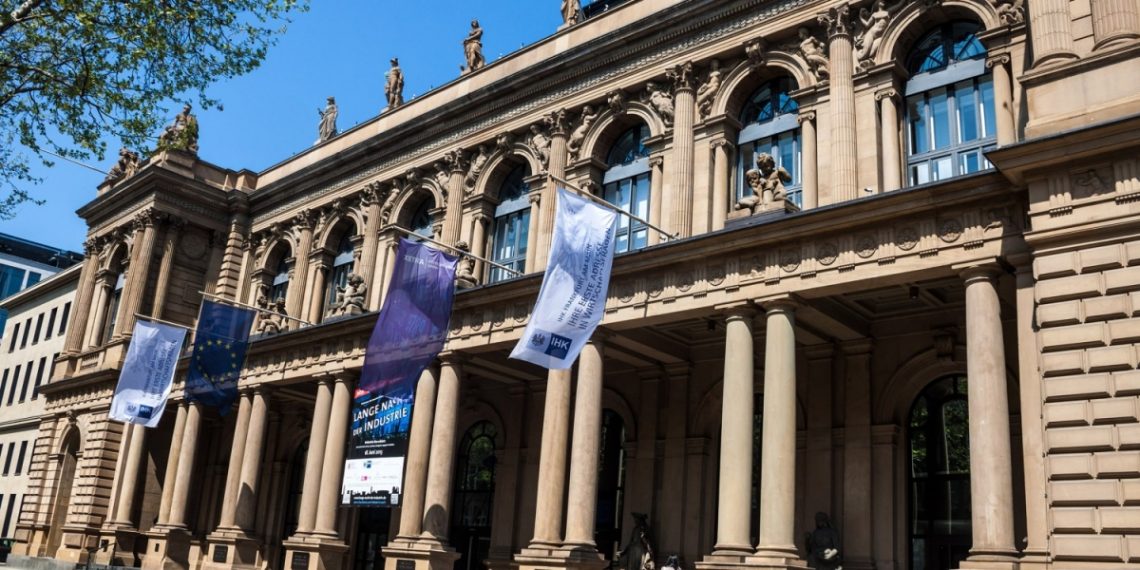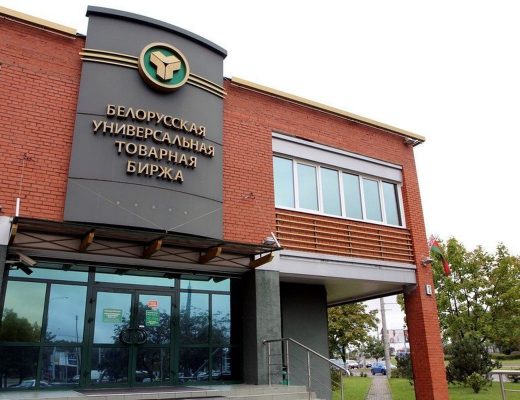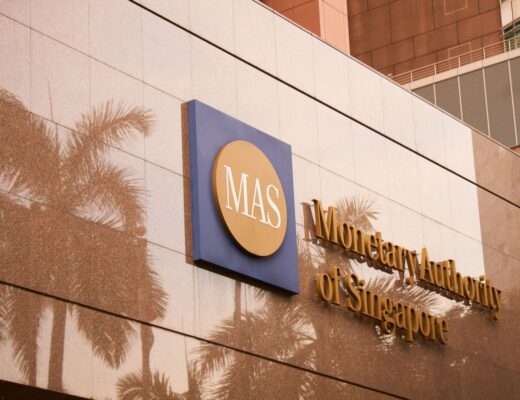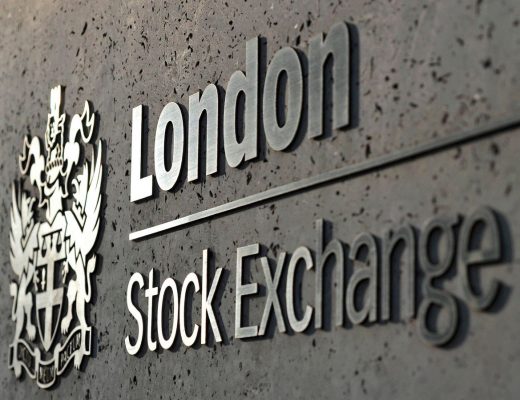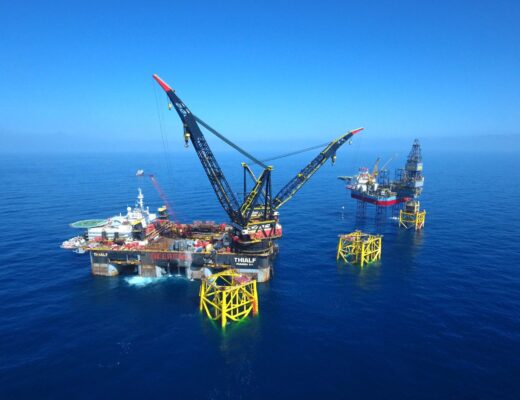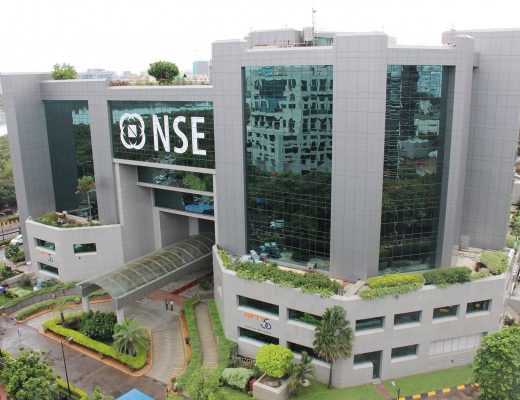Deutsche Börse is an exchange with a long and interesting history. It was established in 1585 in Frankfurt and is now one of the largest in Europe.
Deutsche Börse: history of the foundation
The capitalization of the Frankfurt Stock Exchange is $1.9 trillion. The site assumes 90% of all transactions in the market.
Despite the official date of establishment, the stock exchange is considered to have appeared in 1150, when the first food fair was organized. After that, such events were held regularly and a huge number of merchants, hunters and craftsmen came to Frankfurt, between whom there was active trade. The difficulty was the currency, which was different in each region. In 1585, a common exchange rate was agreed on at the next fair. The very word Börse appeared only in 1605 and was used for all European exchanges. It has two versions of origin – on behalf of the merchant Bruges Van der Börse and the name of a bag or a sack.
The first documents with currency quotations refer to 1625, in 1666 the rules of activity for brokers are marked.
Since then, the Frankfurt Stock Exchange has developed rapidly and placed government bonds of the Emperor himself. But it all collapsed after World War I. In 1926, Germany, like the United States, experienced a financial crisis, and the shares of the companies represented on the exchange fell sharply and depreciated. This period is known as Black Friday. Before the Second World War Deutsche Börse managed to restore its positions, but after it the market had to be closed for six months.
A new stage of activity came in 1957, when trading operations began in U.S. and Canadian dollars, and in the currency of various European countries.
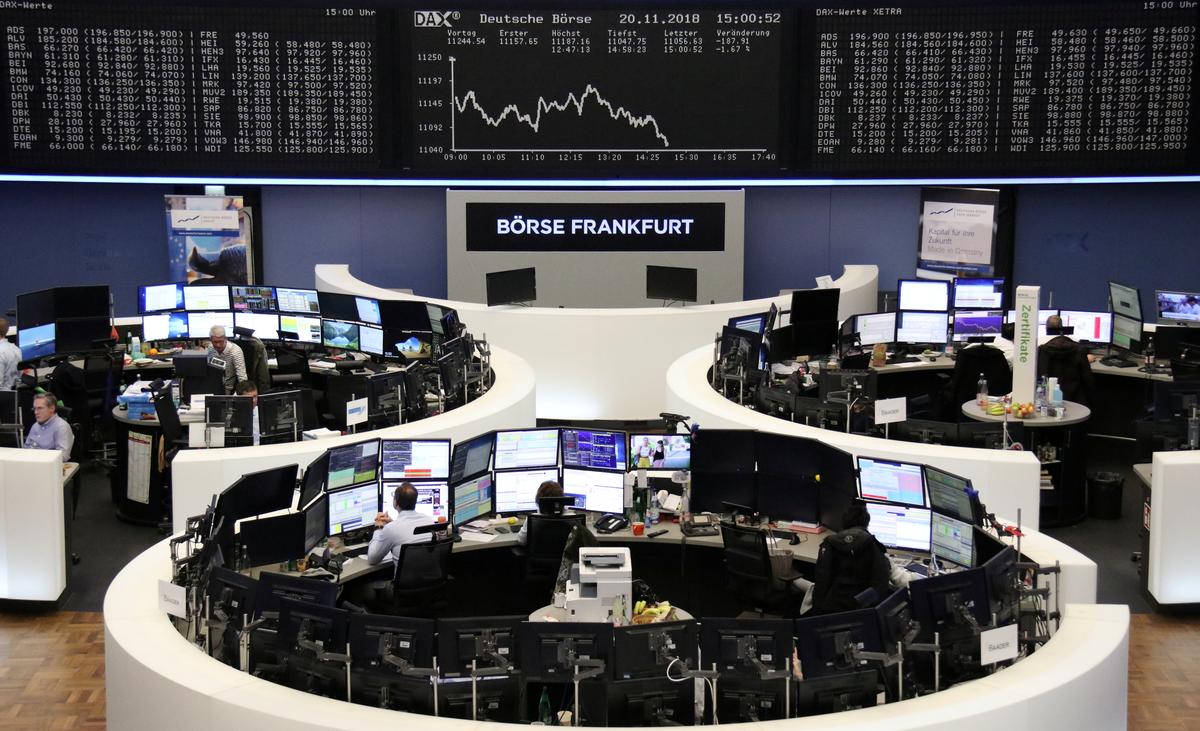
Deutsche Börse is a unique platform. Back in 1969, a special computer system was used here, thanks to which quotations were exchanged via telex. NASDAQ will have such a program only in 2 years.
The Frankfurt Stock Exchange is a modern trading platform with more than 1000 companies. Here the mechanism of operations is different from other exchanges of the conglomerate. Three categories of issuers take part in trading:
- banks;
- licensed brokers;
- traders.
The latter have the least number of rights. Banks are responsible for the initial purchase and sale price. They are responsible for the entire volume of transactions. The functions of exchange rate brokers include reception and execution of orders.
All transactions on Deutsche Börse are performed thanks to the Xetra system. It is connected to 20 stock exchanges in Europe.
